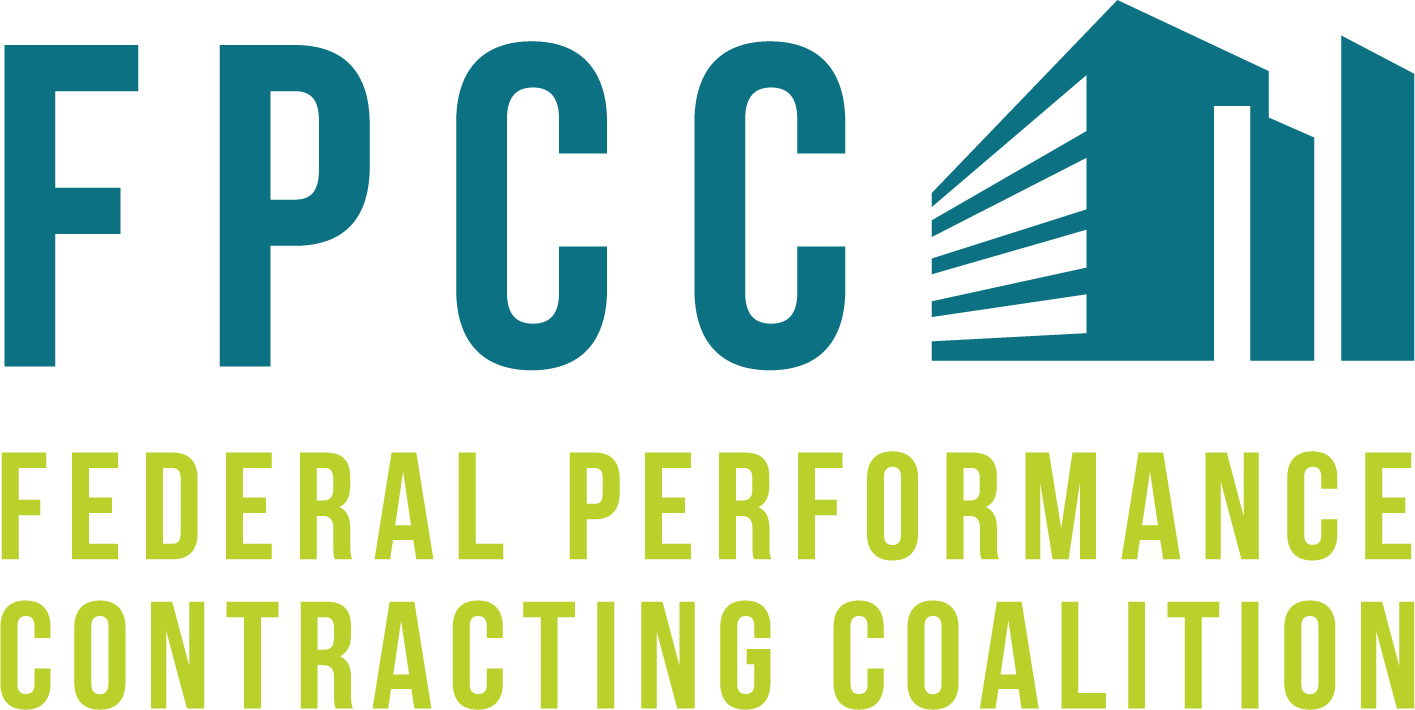Your HVAC system is one of the most important components of your home—it keeps you comfortable year-round, maintains healthy indoor air quality, and influences your energy bills more than almost any other appliance. Choosing the right system isn’t just about picking the biggest or most powerful unit; it’s about finding one that fits your home’s size, layout, and climate. Whether you need to replace your air conditioner or outfit a new build, here’s what to consider when selecting the perfect HVAC system for your home.
1. Determine Your Home’s Heating and Cooling Needs
Every home has unique comfort requirements. Factors such as square footage, insulation quality, window placement, and even ceiling height affect how much heating and cooling your home needs. Before shopping at a Raleigh appliance store, consider hiring a professional HVAC contractor to perform a load calculation to determine the precise system size your space requires. Oversized systems waste energy and short-cycle, while undersized units struggle to keep up—both of which reduce efficiency and comfort.
2. Choose Between System Types
There are several types of HVAC systems available, and understanding their differences helps you make a smart choice:
-
Split Systems: These traditional setups include an indoor unit (furnace or air handler) and an outdoor compressor. They’re reliable and easy to service.
-
Heat Pumps: A versatile, energy-efficient option that provides both heating and cooling by transferring heat between indoor and outdoor air.
-
Ductless Mini-Splits: Ideal for homes without ductwork or for zoned temperature control. Each indoor unit operates independently for personalized comfort.
-
Packaged Systems: Compact, all-in-one systems that sit outside the home—often used when indoor space is limited.
3. Look for Energy Efficiency Ratings
Energy efficiency should be a top priority when choosing your HVAC system. Look for units with high SEER (Seasonal Energy Efficiency Ratio) ratings for cooling and AFUE (Annual Fuel Utilization Efficiency) ratings for heating. Energy-efficient systems may cost more upfront but save you money over time through lower energy bills and possible tax incentives or rebates.
4. Consider Smart Technology and Zoning Options
Modern HVAC systems come equipped with smart thermostats, variable-speed motors, and zoning capabilities that allow you to control temperatures room by room. These features not only improve comfort but also help reduce energy consumption by heating or cooling only the spaces you use.
5. Don’t Forget About Indoor Air Quality
A good HVAC system should do more than regulate temperature—it should also maintain healthy air. Ask about filtration, humidity control, and ventilation options that can improve air quality and reduce allergens in your home.
6. Work with a Qualified HVAC Contractor
Professional installation is key to maximizing the lifespan and efficiency of your new system. An experienced contractor can help you choose the right model, ensure proper sizing, and handle any necessary ductwork or electrical upgrades. If your current system is outdated, a professional can also advise you on air conditioning replacement options that
Choosing the right HVAC system requires balancing comfort, efficiency, and long-term value. By considering your home’s unique layout, local climate, and energy goals—and working with a trusted HVAC professional—you’ll enjoy consistent comfort, lower bills, and peace of mind for years to come.
